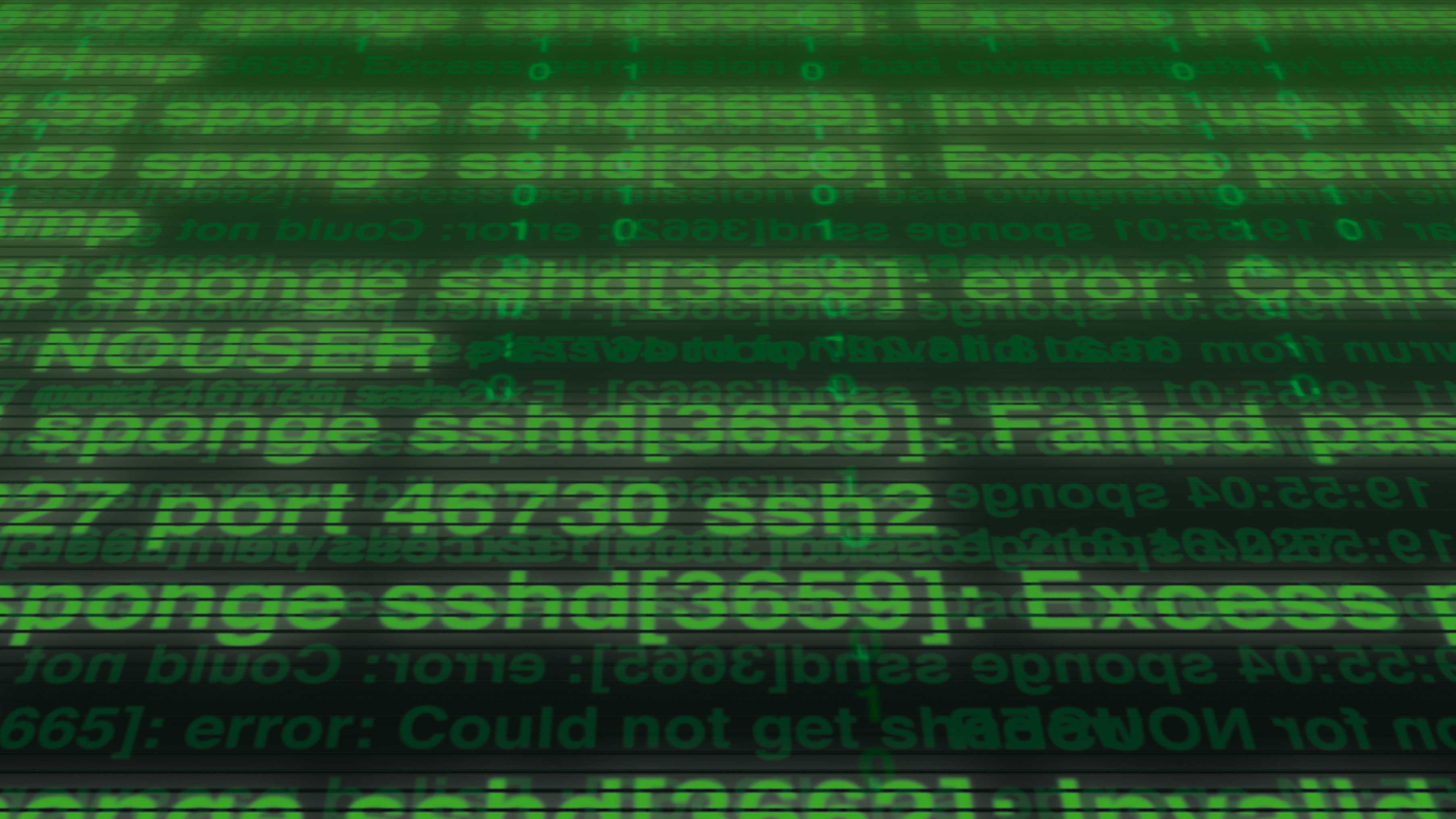DDoS attacks costing UK companies £240,000 per day
Massive cost as attacks increase dramatically

A third of UK companies suffer an estimated loss of £240,000 (US$407,000, AU$436,000) per day when they are struck with a Distributed Denial of Service (DDoS) attack, according to a new report by analytics firm Neustar.
They survey of 331 UK companies revealed that 32 per cent endure staggering losses during website outages as a result of DDoS attacks, a relatively simple form of cyber vandalism that uses fake web traffic to overload servers and knock websites offline.
Large-scale DDoS attacks that consume between 1-20Gb/s have seen an increase of 200 per cent, while some attacks are even larger at 100Gb/s or more.
DDoS attacks hit mainstream consciousness with the actions of hacktivist groups like Anonymous, but the trend is increasing pace. 35 per cent more UK firms were hit with DDoS attacks in 2013 compared to the year before, and that figure is likely to increase in 2014.
Upward trend
Attacks are lasting longer, with 28 per cent lasting as much as two days. The study also found that there is a 69 per cent chance of repeat attacks, with 48 per cent hit between two and ten times.
Some attacks required more than six specialists to mitigate them. These accounted for 39 per cent of attacks in 2013, compared to 25 per cent in 2012, an increase of 56 per cent.
Some were even larger, requiring 10 people to mitigate, and this figure doubled from 12 per cent in 2012 to 24 per cent in 2013.
Are you a pro? Subscribe to our newsletter
Sign up to the TechRadar Pro newsletter to get all the top news, opinion, features and guidance your business needs to succeed!
There was also an increase in DDoS "smokescreening" attacks, which are used to hide malware insertions or distract companies while cyber criminals commit data theft.
"Organisations must remain constantly vigilant and abreast of the latest threats. As an example, Neustar's UltraDNS network suffered an attack just last week peaking at over 250Gbps – a massive attack by industry standards. Even with proper mitigations in place, the attack caused an upstream ripple. It is a constantly changing threat landscape," said Rodney Joffe, SVP and Technology Fellow at Neustar.